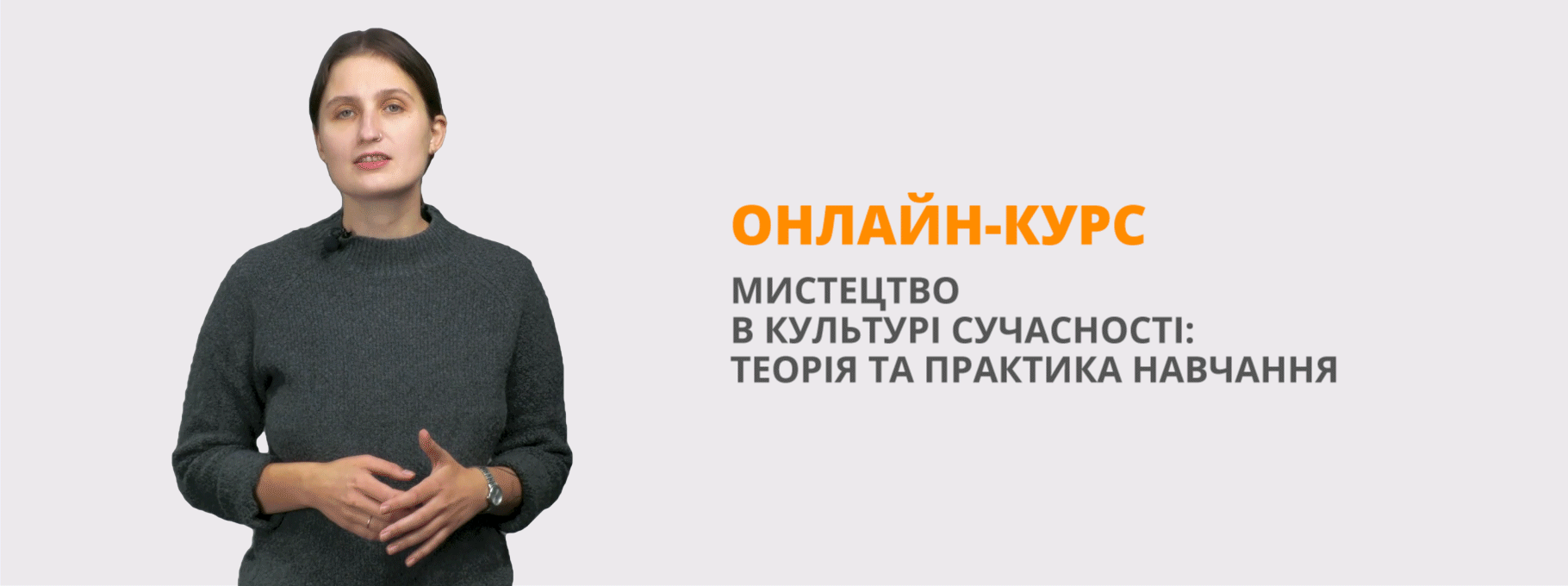Урок "Спорт" 11 клас
TOPIC/THEME: SPORT
LESSON FOCUS: Listening, Vocabulary.
AIMS:
Main: By the end of the lesson students will have developed listening skills (understand general information and details C1 level), will be able to use new idioms in own language, to analyze and operate with the got knowledge.
Subsidiary: The students will recall vocabulary, which they have already learnt; they also will learn some new items and start using them in practice.
Personal: to give clearer instructions, to teach to work alone for the team.
Class profile: 11-A, 11 students.
Weak students: Anna, Anton, Valeria.
Strong students: Olena, Daryna, Olena, Alina, Olexandra.
SOURCES OF MATERIALS: British Council video, self-designed materials.
|
STAGE |
PROCEDURE |
AIMS |
TIME/ INTERACTIONS |
||||||||||||||||||
|
Lead in |
Good afternoon everyone. Today we are going to continue to talk about sport and its role in life of a single person as well as in the life of nations. |
To set the context of the topic |
2 min T-SS |
||||||||||||||||||
|
Vocabulary activation
|
To start with I’d like you to remind some kinds of sport. You have got the cards with different kinds of sport. Your task is to read your card and to give a short description of your kind of sport so that your classmates could get and name it. Kinds of sport: free running, skydiving, zorbing, hang-gliding, bungee jumping, whitewater rafting, kite surfing, free diving etc. |
To recall the names of some kinds of sport |
4 min LS - SS |
||||||||||||||||||
|
Warming-up |
Now you’ve got a list of sport activities. Your task is to divide them into 3 columns with verbs DO, PLAY, GO. And to be ready to explain your choice. Play – is used with ball sports and competitive games where you play against another person. It means to take part in a game which is played with rules. Do – is used for recreational activities and a non team sport. You don’t use a ball. Go – is often used with activities that end in –ing. You go somewhere to do something. Words: tennis, pool, swimming, skating, jogging, gymnastics, golf, judo, boxing, sailing |
To repeat the rule of using do, go, play with sports. |
2min T-SS |
||||||||||||||||||
|
Pre-listening |
Look at the worksheet 1. There are words and phrases which are related to sport. Your task is to make up 5 sentences about sport, using all the words from the table. Be attentive: there are no odd words. Phrases:
|
To develop skills off making sentences, repeat the word order. |
3min T-SS |
||||||||||||||||||
|
Feedback |
Let’s check the answers, translate the statements and find out if there are mistakes. |
To analyze and correct possible mistakes |
2min T-SS |
||||||||||||||||||
|
Listening for gist |
These statements are made by famous sportsmen. (except one) Now you will watch the video. Now you task is to listen attentively and to answer the question: where are the speakers from? (name the country) https://www.youtube.com/watch?v=A3N1TK2tXhg
|
To check the main understanding of the text |
3min T-SS |
||||||||||||||||||
|
Feedback |
So what is the Motherland of all the speakers? (UK) |
To check the main understanding of the text |
1min T-SS |
||||||||||||||||||
|
Listening for detail |
Now listen again. Your task is to listen attentively and to establish in which order the statements were made in the video. Be attentive: one statement is odd.
|
To develop student’ skills to find the details in the text. |
3min T-SS |
||||||||||||||||||
|
Feedback |
The odd statement is E. Correct answers are:
(additional questions) |
To develop student’ skills to find the details in the text. |
2min T-SS |
||||||||||||||||||
|
Vocabulary |
No we are going to learn some new idioms. Look at the worksheet 2. There are some idioms and their explanations. Let’s try to match each idiom with its description.
|
To develop students’ vocabulary |
2 min T-SS |
||||||||||||||||||
|
Feedback |
Answers 1c 2e 3a 4f 5b 6g 7d |
To check the ideas and guesses |
1 min T-SS |
||||||||||||||||||
|
Vocabulary practice |
Now let’s use the idioms you have just learnt to fill in the gaps.
|
To practice vocabulary skills |
3min T-SS |
||||||||||||||||||
|
Feedback |
Answers:
|
To practice vocabulary skills |
2min T-SS |
||||||||||||||||||
|
Vocabulary practice |
Now your task is to work in groups and to make up 5 sentences in different tenses with new idioms. You have 3 minutes for the task |
To develop skills |
3 min SS |
||||||||||||||||||
|
Feedback |
Children’s own answers |
To check the skills |
3 min T-SS |
||||||||||||||||||
|
Extra task/ Hometask |
Email writing You have decided to attend a new sports club. Write an email to your friend in England and:
Write a letter of at least 180 words. |
To develop writing skills |
|
||||||||||||||||||
|
Summing-up |
|
|
|


про публікацію авторської розробки
Додати розробку
